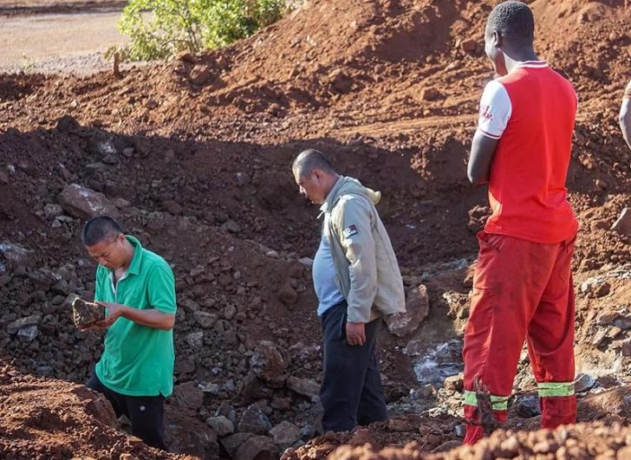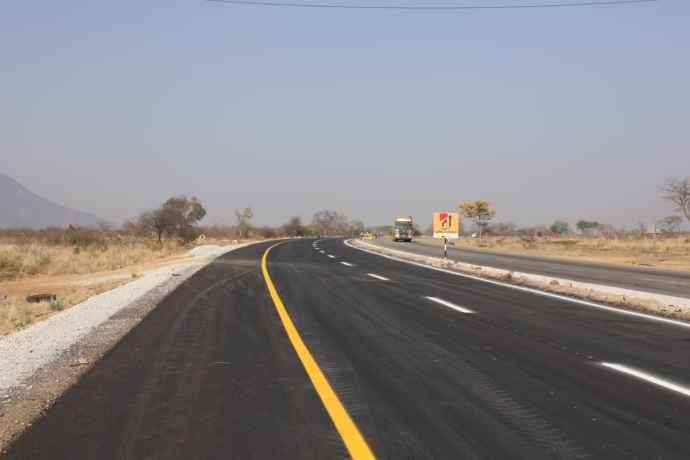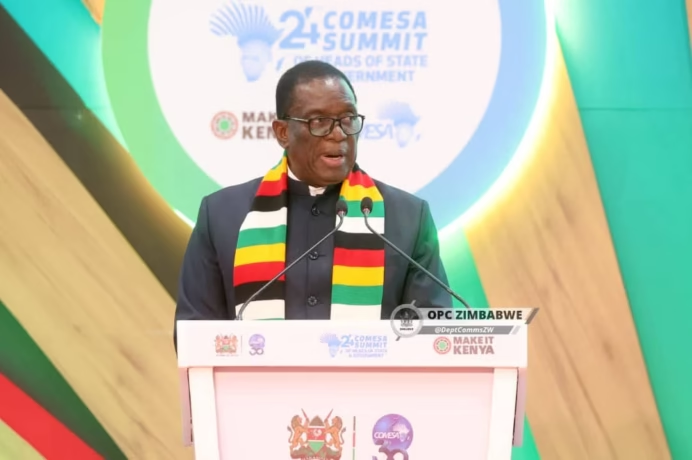
Harare, When President and First Secretary of ZANU PF, Cde Emmerson Dambudzo Mnangagwa, stood before the Politburo this week, his words were not simply about routine party directives, they carried the weight of a philosophy, that sovereignty in today’s Zimbabwe is no longer defended only through political vigilance, but through the quiet, deliberate construction of an economy that cannot be shaken from outside.
The President’s emphasis on rural industrialisation, captured in the rollout of the Productivity Booster Kit Programme, was more than policy detail, it was an attempt to redraw the country’s developmental map, making the village as central to national progress as the city. In his call to “invest rural,” he was in effect redefining patriotism, no longer just about defending the flag in speeches, but about embedding modernity in places once dismissed as margins. The sovereignty he invoked was not abstract nationalism, but sovereignty as lived infrastructure, sovereignty as granaries full, sovereignty as small industries humming in forgotten districts.
In invoking the late national hero, Cde Victor Panganayi Kuretu, the President deliberately threaded memory into strategy. He suggested that the values which carried a people through the liberation struggle must now be transposed into development models that carry them through global competition. The symbolism was clear, independence is not a relic of the 1980s, but a living architecture that must be renovated for each new generation.
What made his tone unusual was the shift from sloganeering to production. His commendation of the Youth League for engaging in technology-driven initiatives was less praise and more an instruction, that the measure of youthful loyalty is not the volume of chants at a rally, but the ideas coded into software, the innovations in the fields, and the factories they build. It was a subtle but important repositioning of how the party must read its future.
Beyond Zimbabwe’s borders, the President’s reiteration of being “a friend to all and an enemy to none” was not the usual diplomatic pleasantry. Framed against Zimbabwe’s SADC chairmanship and new trade horizons such as TICAD, it suggested that neutrality is being reimagined as leverage. Zimbabwe, under his vision, does not retreat from the world but enters it with cautious confidence, sovereignty here meaning choice, not isolation.
As he closed by challenging ZANU PF leaders to offer unwavering guidance, the message resonated beyond the walls of the Politburo. The President was not merely urging unity, he was asking his party to transform the very definition of sovereignty, from a defensive shield of the past into an offensive instrument of development, one that makes Zimbabwe self-sustaining, respected, and unyielding in the face of shifting global winds.




